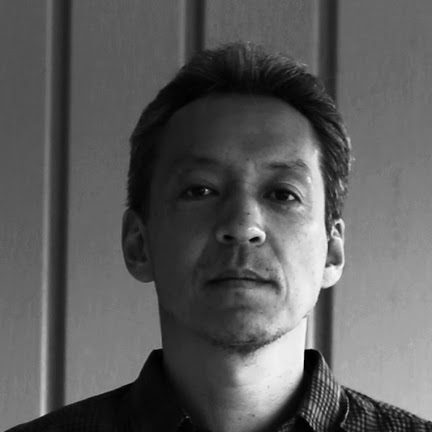by Randolph J. Nudo
- Intact tissue undergoes structural and functional changes that could play a substantial role in neurological recovery after focal injury to the cerebral cortex.
- Waves of growth promotion and inhibition modulate the self-repair processes of the brain.
- Entire cortical networks participate in the recovery process.
Early demonstrasions of post-injury plasticity
- Behavioral experience is a potent modulator of post-injury cortical plasticity.
New insights into the cellular and molecular mechanisms underlying local reorganization
- Neurite outgrowth in the peri-infarct region (increased GAP-43 immunoreactivity).
- Synaptogenesis (elevated synaptophysin staining).
- Axonal sprouting (traact-tracting methods).
- Surviving neurons becme hyperexcitable with upregulation of NMDA receptors and downregulation of GABAA receptors.
- Growth-promoting gene expression.
- Exploiting this new understanding of cellular and molecular events following injury might provide new treatment approaches for recovery after CNS injury.
Plastic events remotes from the cortical injury
- The excitability of areas remote from the site of infarct is altered for significant periods of time after injury by upregulation of NMDA receptors and downregulation of GABAA receptors.
- Alteration of intercortical wiring patterns among different cortical fields.
- Dendritic arborization and synaptogenesis (2 weeks ~ 1 month) in contralateral side.
- role of neural stem cells is still unclear.
Re-emmergence of the mass action principle
Is there a sensitive period for post-injury plasticity and recovery potential?
- Behavioral training is most effective if done within 1 week.
Conclusions
- A disruption of cortical motor network triggers a major reassembly of inter- and intra-areal cortical networks.
- Post-injury behavioral experience appears to be crucial to the reassemby of adaptive modules.
- Basic intracortical wiring plan is substancially altered.
Thursday, May 7, 2009
Mechanisms for recovery of motor function following cortical damage
Labels:
motor cortex,
recovery,
stroke
Subscribe to:
Post Comments (Atom)

No comments:
Post a Comment